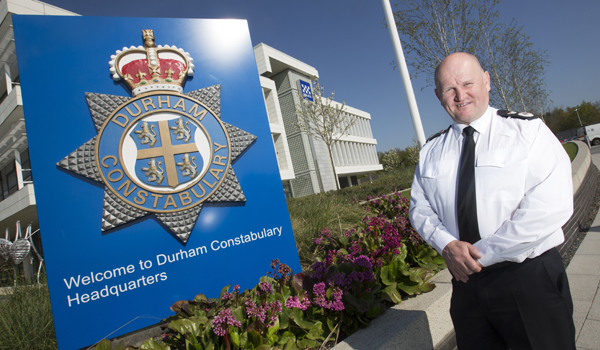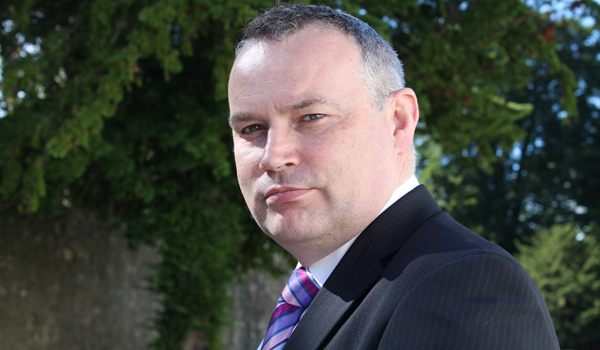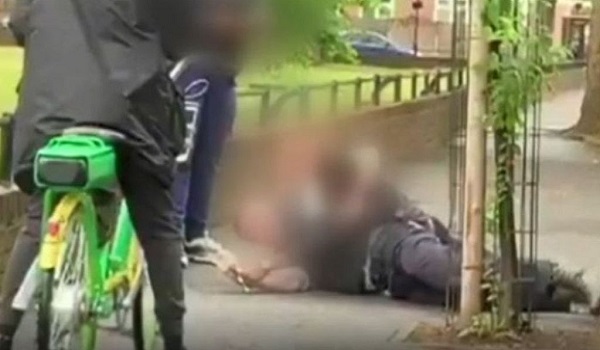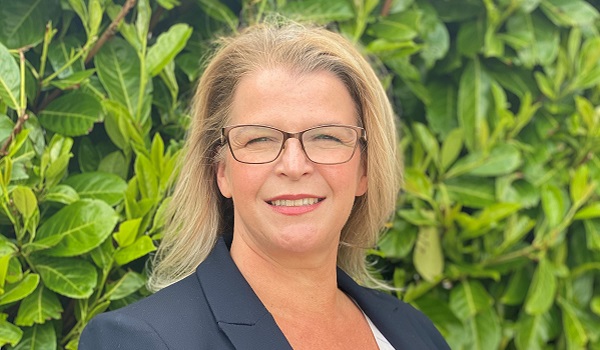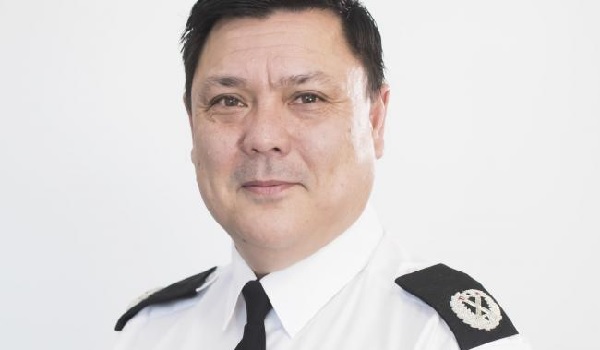‘No-nonsense leader’ of top-performing force to retire in the summer
After 39 years in policing and seven years at the helm of Durham Constabulary, Mike Barton has revealed plans to step down on June 7.
Mr Barton, who led the force to the unique achievement of three successive ‘Outstanding’ ratings in the annual Peel inspections, confirmed his retirement in a letter sent with “mixed emotions” to police, crime and victims’ commissioner Ron Hogg.
He said there remain many challenges in policing that he would have relished tackling, but “there comes a time to hand the baton to the next generation of talented and committed people who will bring their own style, thinking and approach”.
In response, Mr Hogg said he had been “very fortunate to have such a dedicated, forward-thinking and passionate” chief constable during his term in office.
Mr Barton became a police constable in 1980 in Blackpool and worked his way through the ranks earning a reputation both as a tough detective and a forward-thinking innovator.
He joined Durham Constabulary in 2008 as assistant chief constable and was promoted to deputy chief constable in 2009 before taking on the top job in 2012.
He is famed for his no-nonsense style, a radical approach to policing and taking a fearsome stance against organised criminals.
He pioneered problem-orientated policing, personally taking training for all staff, and was a strong advocate of evidence-based approaches to criminal justice.
He oversaw the development of the groundbreaking Checkpoint programme, and has placed huge importance on the agile development of new IT systems, recruiting a team of graduates to develop the force’s software Red Sigma.
During his three years as Crime Operations lead for the National Police Chiefs’ Council, Mr Barton oversaw the strengthening of the national Holmes computer network; development of the Police National Database, including facial recognition techniques; and the Schengen Information System, which allows law enforcement officers across Europe to share information quickly. He was awarded the Queen’s Police Medal in 2014.
However, it was in the field of drug policy that Mr Barton became best known on the national stage, joining Mr Hogg in calling for reform.
In his resignation letter, Mr Barton said he hoped for “sensible conversations about how the current approach to controlled drugs is not working”.
“It remains a lingering sadness and deep frustration that heroin-assisted treatment for heroin addicts is not de rigueur,” he added.
Mr Barton said that such a change would play a part in stemming organised crime’s illicit income stream and added: “It is a tragedy so many lives have been shortened and blighted because a narrow-minded false moralistic stance by those in power has prevented any meaningful debate.”
But above all, he said, the role had been “exciting” and “enormous fun”.
“I see the future positively, when we all work together for the common good we achieve so much more,” he said.
“Ultimately, it is local people in neighbourhoods, supported by local officers, who will create the harmonious society in which young people can thrive.”
Mr Hogg described Mr Barton’s leadership of the force as “unique and unequivocal” and added: “Your impact has had a reach both nationally and internationally.
“It is a position unprecedented in the history of this fine organisation and testament to your vision and desire to bring about change whilst retaining that essential element of the British policing model – neighbourhood policing.”
Mr Hogg said: “I think it fair to say that with you as chief constable, there has rarely been a dull moment.
“As an aspiring farmer you know only too well that you reap what you sow and you should be immensely proud of the benefits our communities have reaped under your tenure”.


